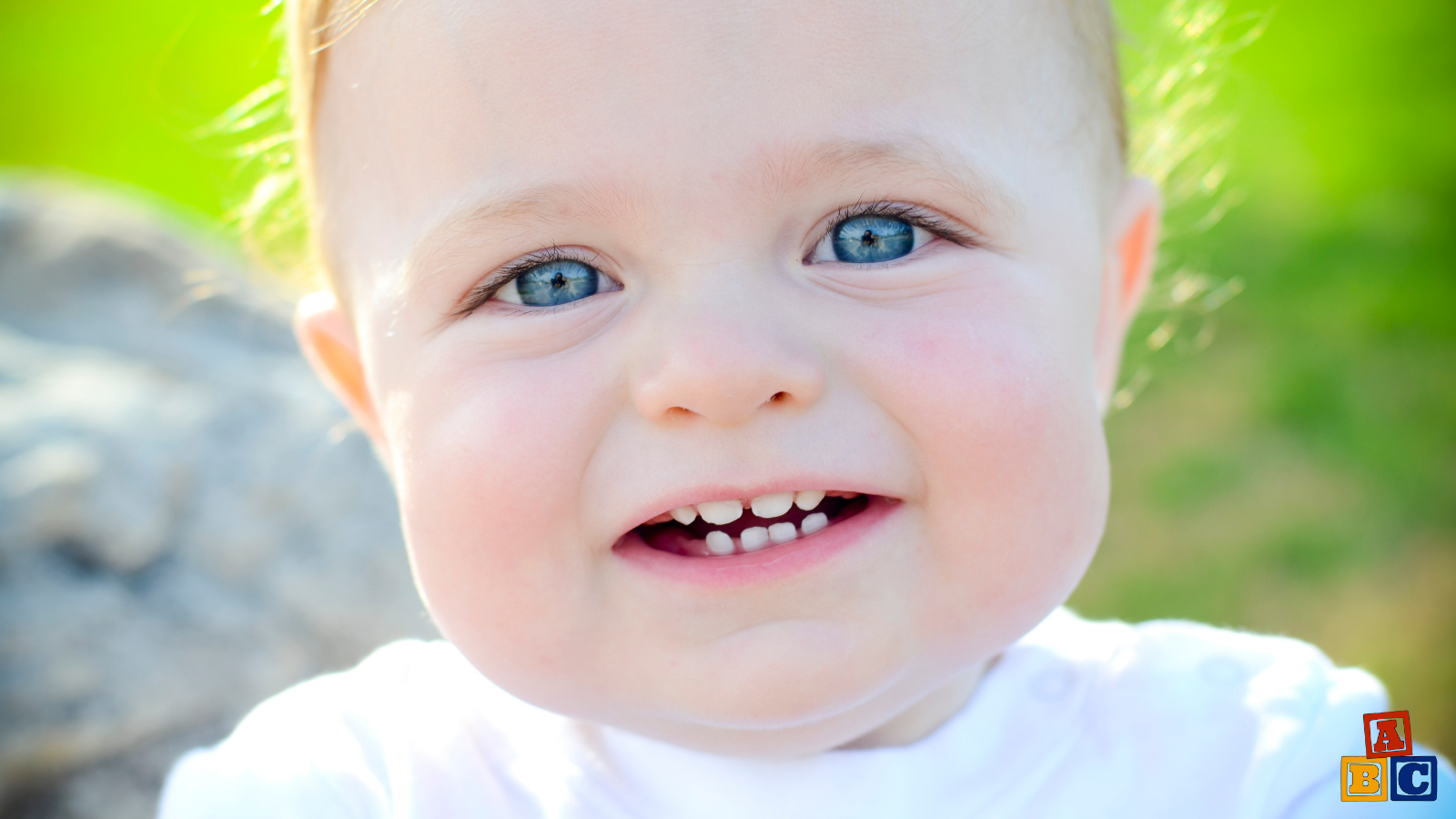Why Biting?
From toddlers to twos, biting is an unavoidable topic. While developmentally appropriate, and completely normal in many ways, biting is still an uncomfortable and sometimes scary reality for many families. When you find yourself asking, why, why, why, here are some common answers:
- Expressing emotion: Oddly enough, young toddlers can bite as a way of showing love. “Toddlers have really intense feelings but don’t know how to show them,” says Dirk Flower, chartered psychologist. “Biting can be a way of expressing their feelings.”
- Experimenting: Toddlers are learning how their body works – they put things in their mouths, and sometimes nip. It’s impulsive and they don’t mean to hurt. Often, a baby chomps on someone when they’re teething. Sometimes toddlers nip when they’re over-excited or over stimulated. Things smell good, look good, so a young child thinks, how does it taste? Then they go for it!
- Defending: Young children learn to bite as a defense, especially if they can’t talk. Sometimes changes or upsets at home can bring on this type of biting. “These children are trying to establish a safety zone,” explains Dirk Flower. “When you bite, your victim moves away – it’s a great defense.”
- Controlling: Some children know biting is a way of getting other children – or their parents – to do what they want. They don’t always do this consciously. It may happen when a group of children are jostling to be leader. Sometimes the youngest child in the family bites to gain power. And as any child who’s ever tried it has learnt, biting is a fantastic way of getting attention – and so what if it’s negative?
- Frustrated or irritated: Your child wants a toy back. Or they want a biscuit or adult attention, or can’t cope with a situation. They may not understand turn-taking and sharing. Or things may have changed at home or the child feels under stress. Your child doesn’t necessarily mean to cause harm, but just can’t find the words to express themselves.
While we don’t like it, and try very hard to prevent and redirect these types of behaviors, biting can still occur. Depending on the ‘why’ you can then partner with your child’s teacher to come up with a plan. Just remember at the end of the day, your little one is exhibiting normal toddler/twos behavior, and we will work together to redirect that behavior into a positive growth experience.

